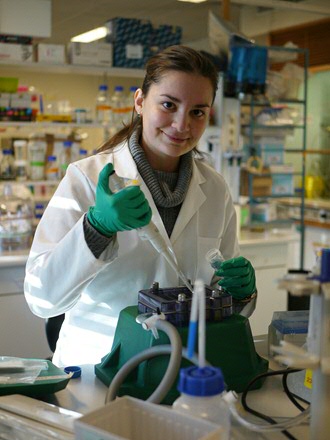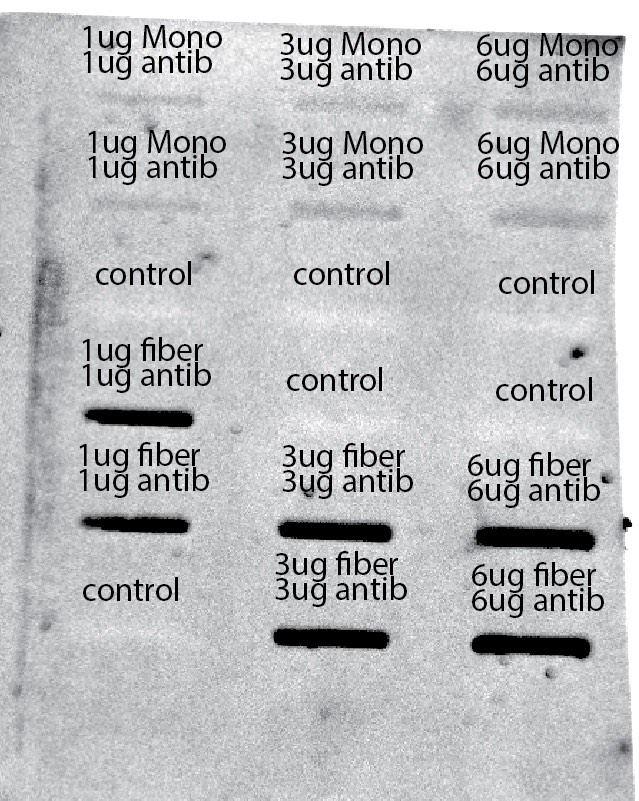Advent calendar - December 20th - Raffaella Parlato
In the Zernike Institute Advent Calendar, we are presenting 24 short spotlights in December. In these specials, we highlight PhD students, postdocs, support staff, and technicians of our research groups and team - providing a glimpse in their typical day at work. In Episode 20 meet Raffaella Parlato, PhD student in the Solid-state NMR group led by prof. Patrick van der Wel.

My research project focuses on Huntington’s disease, which is a rare and neurodegenerative disease caused by protein aggregation. The aggregation provokes progressive degeneration of brain neurons. Usually, the affected person experiences the first symptoms in their 30s or 40s, and include movement, cognitive and psychiatric disorders.
The aim of my project is to identify what starts the protein aggregation. In fact, even if my group proposed a 3D model of the aggregates structure, the aggregation process is still poorly understood. To dissect the aggregation process, we are applying different approaches, such as the antibody assay. Antibodies are proteins that can recognize in a unique way another protein region or domain. However, to perform this assay, I need two types of antibody: one that recognize my protein (primary antibody) and one that bind only to the primary antibody and that is linked with a fluorescent tag (secondary antibody). So, the first thing I did was to buy primary and secondary antibodies, then I expressed and purified the protein of interest in an E.coli cell culture. Subsequently, I use a dot blot apparatus to trap my protein, the antibodies inside a nitrocellulose membrane. In this way, if the primary antibody binds to the protein, then you have a detectable fluorescent signal.

This gives us information on the protein structure and misfolding mechanism. I hope that discovering the precise structure and the misfolding process will help in discovering a cure or a treatment to impair the aggregation process.
Contact: Raffaella Parlato
More news
-
15 September 2025
Successful visit to the UG by Rector of Institut Teknologi Bandung
